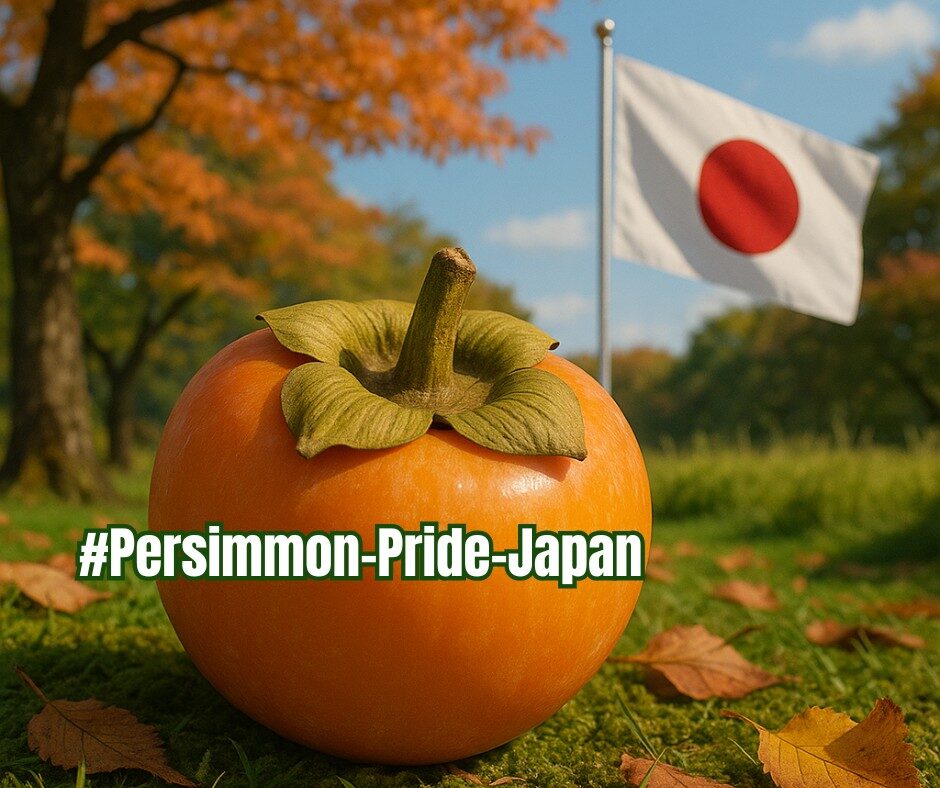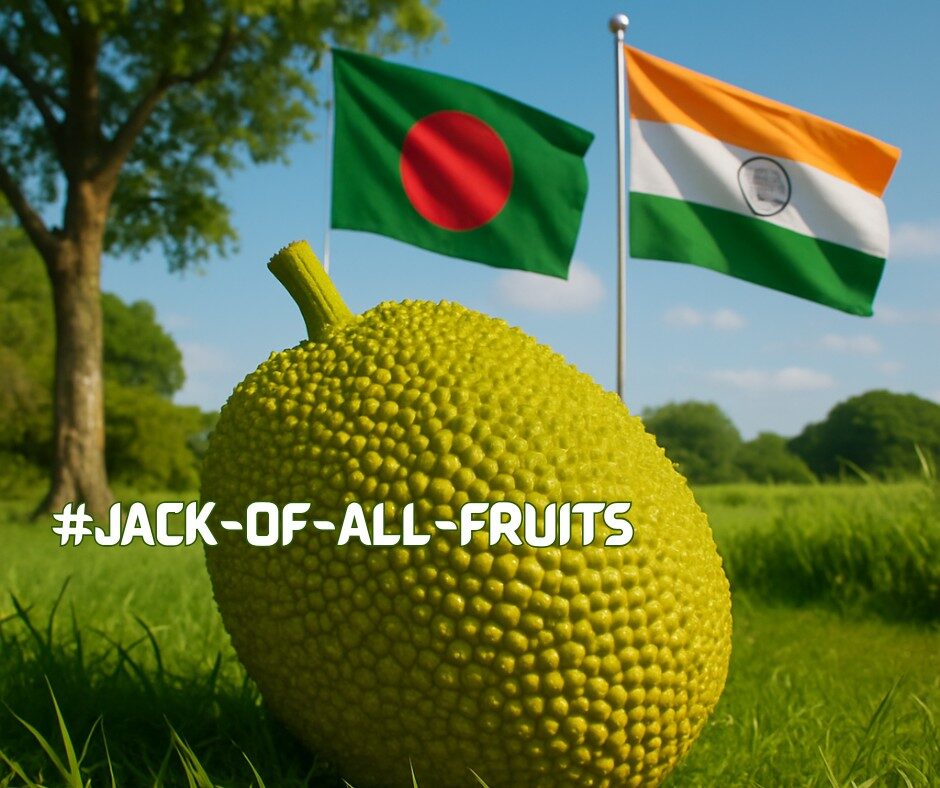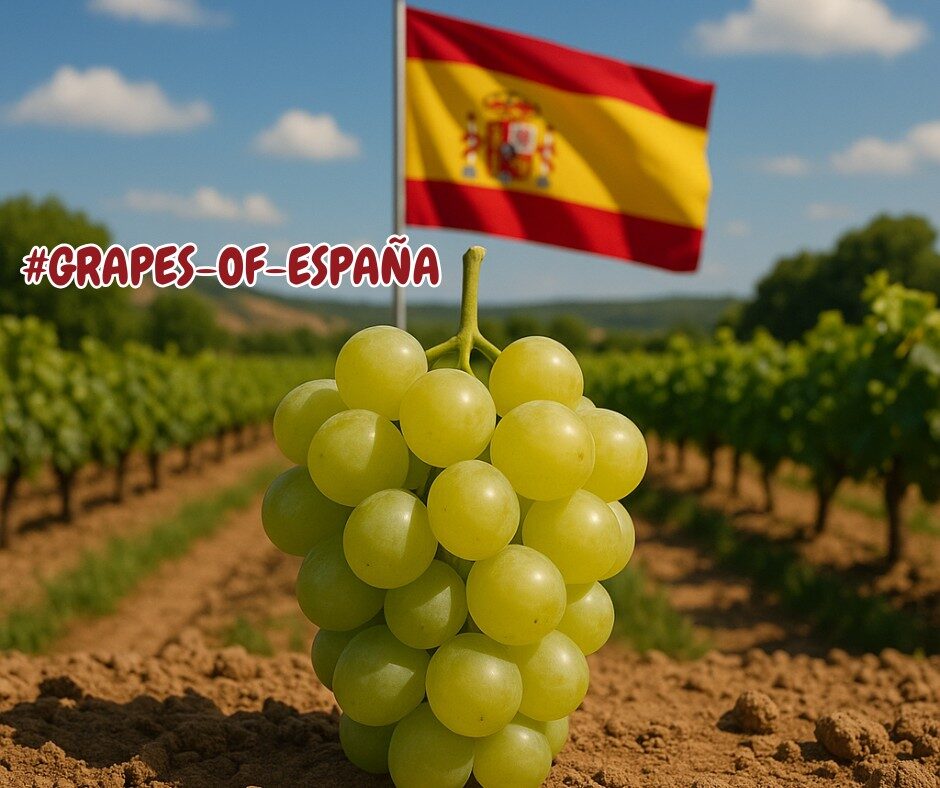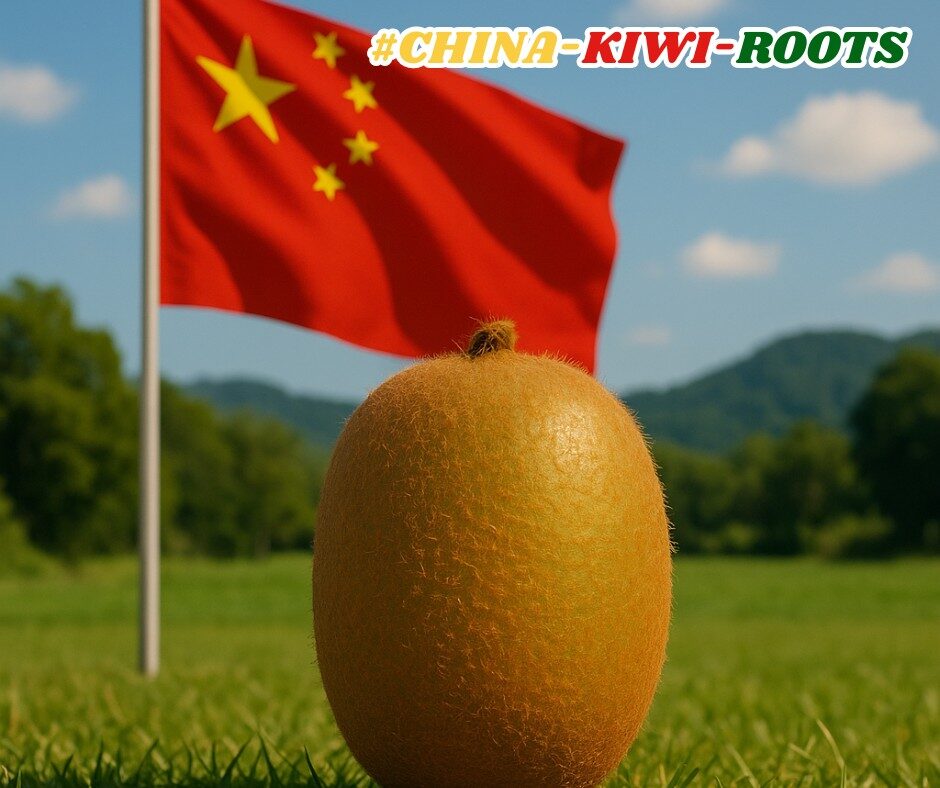Around the World in 40 Fruits – Volume 5 – (Article 5 of 40) By Dr. Marli Botha
By Dr. Marli Botha
The Auspicious Asian Pear – members of the rose family. Asian pears might look suspiciously like apples to many Westerners. Yet they represent nearly three-quarters of the global pear crop.
Let’s dive into the delicious world of the Asian pear and see how this humble fruit became a symbol of tradition, taste, and tenderness.
- Asian pears are a great source of fiber, Vitamin C, K and potassium.
- They’re primarily consumed as a fresh fruit and are quite delicious, picked and eaten right off the tree.
- In addition to ciders, sauces, pies, and other desserts, Asian pears are also notably used as a marinade in bulgogi (korean grilled beef) to tenderize the meat and add sweetness.
- In Korean culture, pears are a symbol of fertility, good health, wisdom, and familiarity.
- Known as the birthplace of Korean pears, Naju pears are well-known for its long history. The fruit was exported worldwide starting in 1967. The Naju Pear Museum promotes the fruit and is a learning center for its agricultural history. The museum opened on April 20, 1992 and is the world’s only pear museum.




